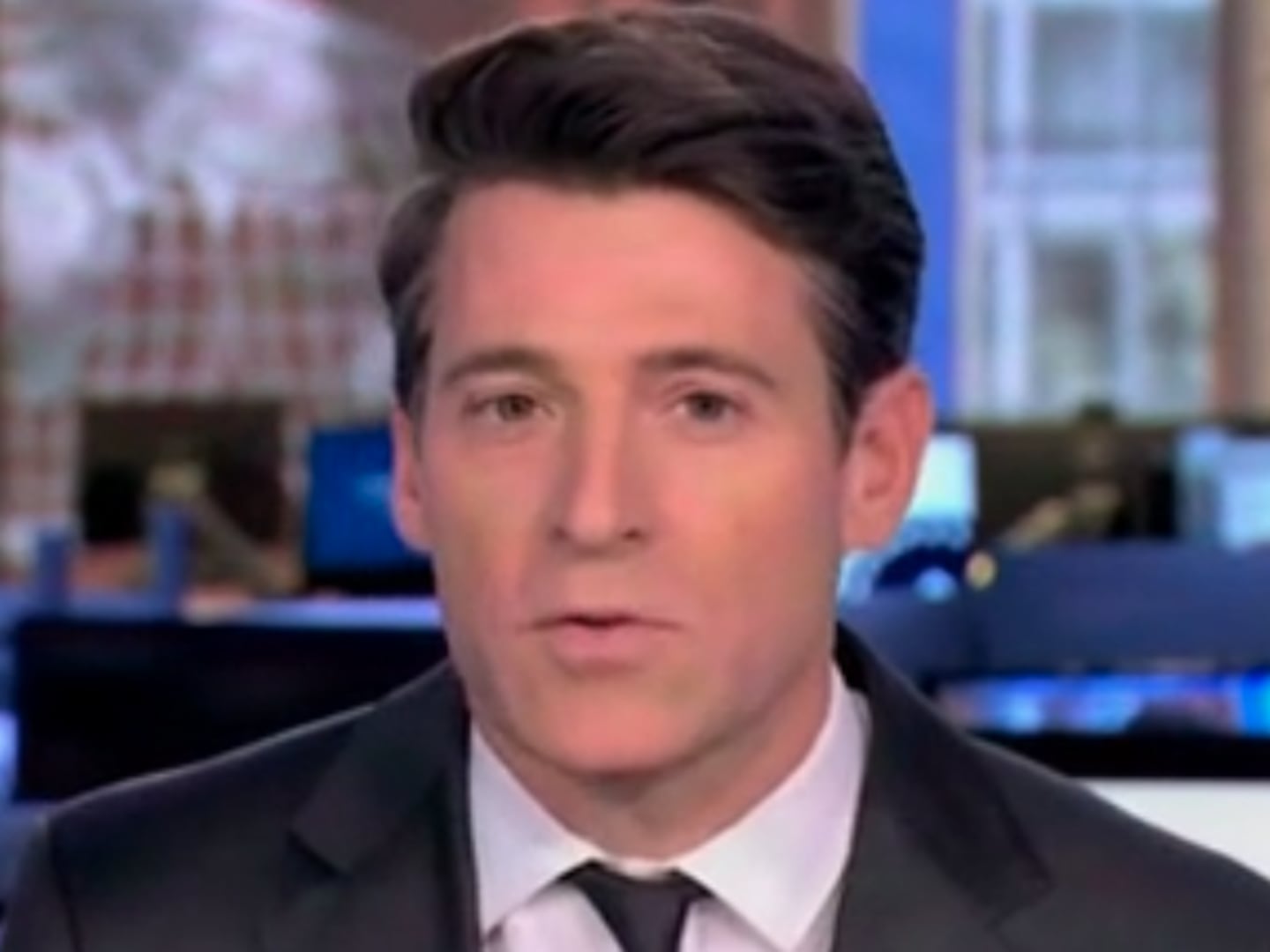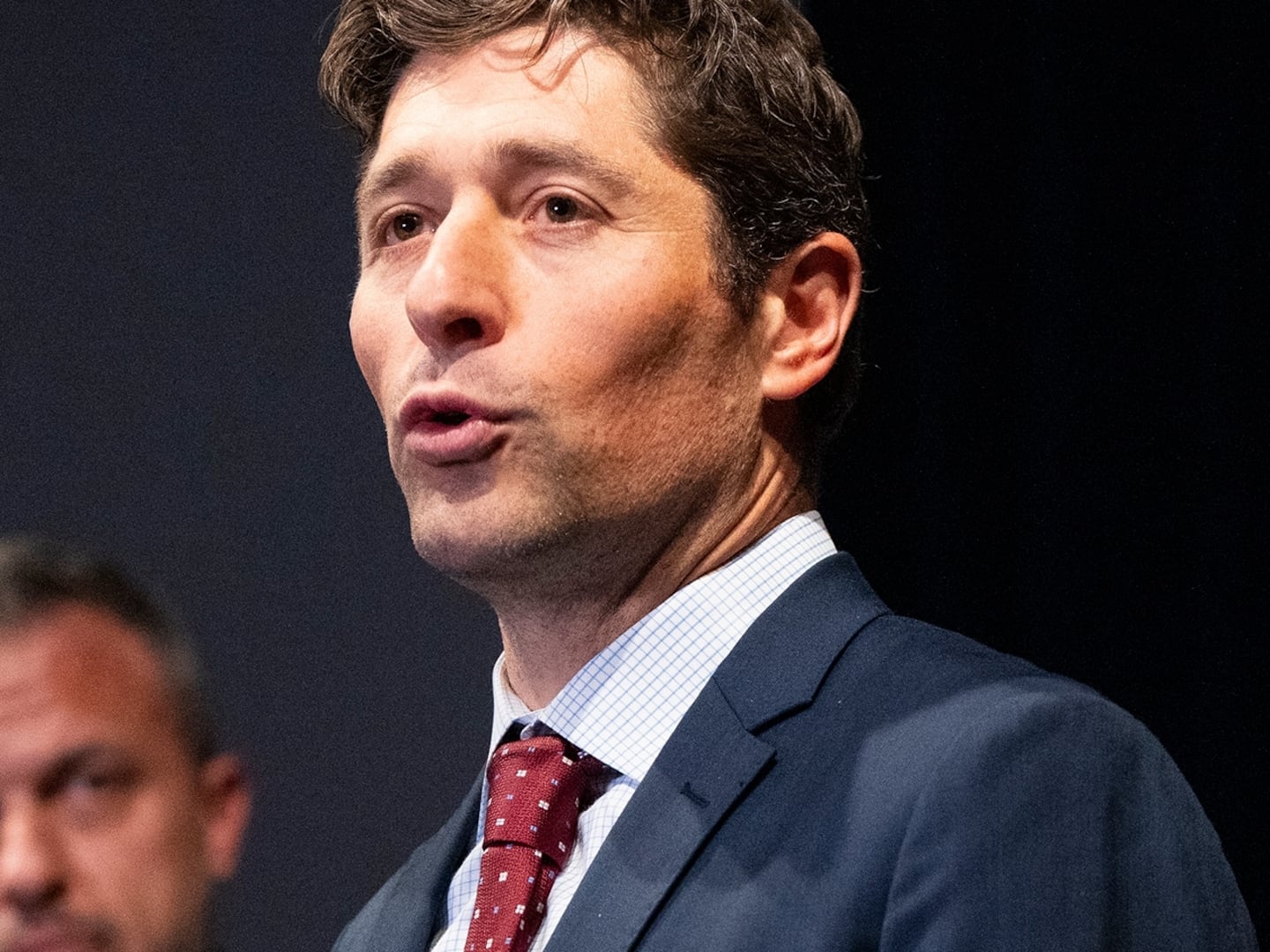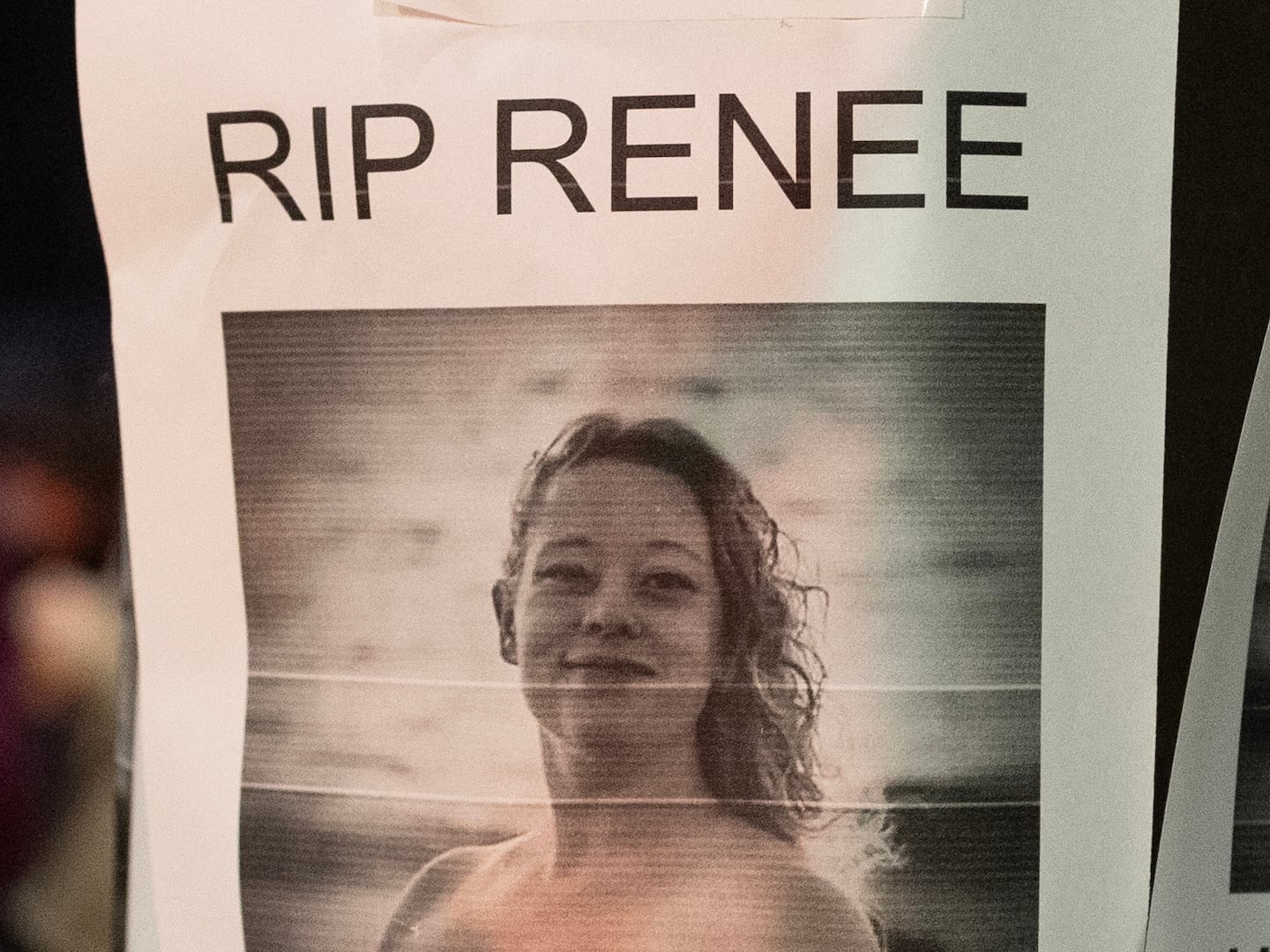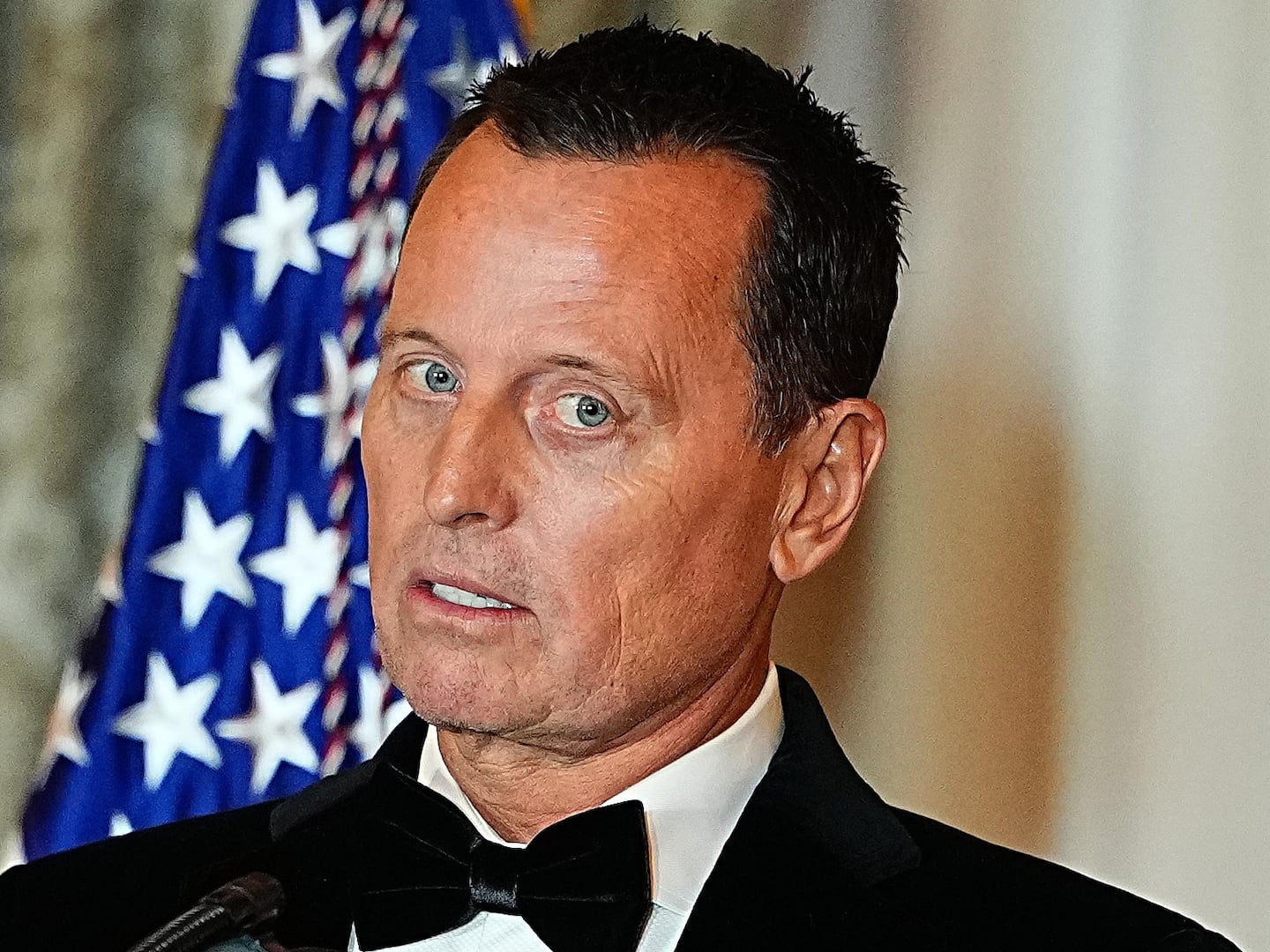The New York Times is putting together a team of journalists to “re-report” its critically acclaimed podcast on the Islamic State after one of its central characters was arrested for allegedly faking his background in terrorism.
“We are going to look for the truth of his story and inevitably we are going to also ask the question about how we presented him so we are going to put together a group of reporters and take a new look at the story, his story and inevitably how we presented his story,” executive editor Dean Baquet told staff on Wednesday, according to a readout of the meeting provided to The Daily Beast.
Caliphate, hosted by Pulitzer Prize-nominated reporter Rukmini Callimachi, focused at length on the story of “Abu Huzayfah,” a Canadian who said he traveled to Syria to join the Islamic State before eventually becoming disillusioned after taking part in brutal, public executions.
But last week, Canadian police upended the story when they arrested 25-year-old Shehroze Chaudhry and charged him with concocting a terrorist hoax.
Initially, both the Times and Callimachi stood by the podcast and its characterization of Huzayfah. Callimachi, who features as both a narrator and protagonist in the podcast, said on Twitter, “The narrative tension of our podcast ‘Caliphate’ is the question of whether his account is true.”
But in a new statement on Wednesday, the Times said it is “undertaking a fresh examination of his history and the way we presented him in our series.”
Callimachi expressed support for the move on Twitter, writing, “I welcome the @nytimes’ effort to re-examine the story of Abu Huzayfah.”
In its initial statement late last week, the Times had said its reporters first interviewed Huzayfah in mid-2016 and spent a year-and-a-half reporting his story across three continents. It said challenges in verifying his story were a central part of the narrative. For example, Huzayfah claimed he joined ISIS before the caliphate was formed and his passport, school transcripts, and geolocation of photos didn’t line up.
One chapter of the podcast was dedicated to processing these inconsistencies. “We believe the series was responsible journalism that helped listeners understand the power and pull of extremism,” the initial statement said.
However, Baquet said Thursday that, given the allegations Huzayfah may have fabricated part of his story, the newspaper would re-examine the whole podcast.
“So if you look at the whole series, we did make it clear in the series that there were questions about his story, but given what happened in Canada, given the allegation he made everything up, we are going to re-report it,” he said.








